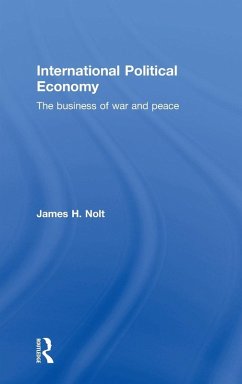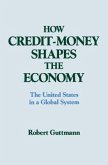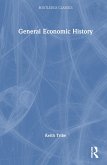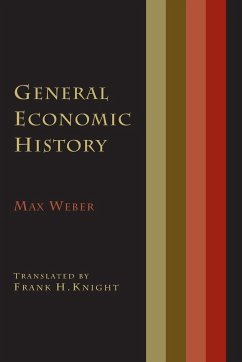This book offers a completely new and unique introduction to the economics of international relations. It treats all the traditional major themes of international relations theory while giving each a refreshing new twist with the incorporation of the influence of private power, particularly in the realm of war and peace. It reframes the history of the modern global economy and politics by thoroughly purging the myth of the market, a systematic blindness to private power. It not only draws on, but also illuminates major themes and empirical findings of comparative politics, business history, business strategy, business cycle theory, social evolutionary theory as well as the practical wisdom of traders and investors. Part one introduces the major concepts of competing theories of international relations, emphasizing a unique approach, corporatism. Part two introduces the critical importance dynamic and oppositional analysis of issues. Part three traces the rise of the modern world from the mercantilist period until the rise of modern corporate organizations and the demise of imperialism in the crucible of World War I. Part four begins with the origins of the contemporary dominance of business internationalism before and during World War II, then analyzes three major facets of the postwar era: the unification of much of Europe, the industrialization of the Third World, and the Cold War and its aftermath. The final chapter considers the present and future of a fairly peaceful yet economically unstable world. This book presents a refreshing and exciting portrayal of the global economy which challenges every major subject from money to markets to the business cycle. This book eschews the economics of dull averages to restore the drama of contending business forces, struggling for wealth and, in the process, influencing war and peace.
Hinweis: Dieser Artikel kann nur an eine deutsche Lieferadresse ausgeliefert werden.
Hinweis: Dieser Artikel kann nur an eine deutsche Lieferadresse ausgeliefert werden.
In an attempt to reframe the history of the modern global economy, this interesting and erudite book by Nolt (senior fellow, World Policy Institute) critiques conventional literature of international relations through the lens of the author's theory of corporatist international relations. Nolt's theory stresses that international relations are more than the interplay among various nation states; rather, nations' international policies reflect, in part, the powerful influence of various interest groups. In contrast to this theory, the realist school of international relations interprets national policies as emerging because of the nation-state's understanding of its self-interest without acknowledging the role of national interest groups. Though the book does not offer a comprehensive understanding of the nature of international relations, readers should not fault the author; with so many parties influencing outcomes, outcomes remain elusive. What Nolt does doâEUR"and does very wellâEUR"is show how various kinds of corporate interests (e.g., manufacturing or finance) influence countries' international policies over long swaths of time, beginning with the Peloponnesian War. The book ends with an interesting final discussion about the evolving instabilities of international political economy.
--M. Perelman, California State University, Chico
--M. Perelman, California State University, Chico








